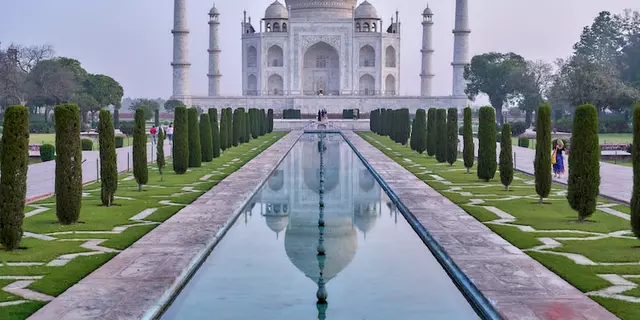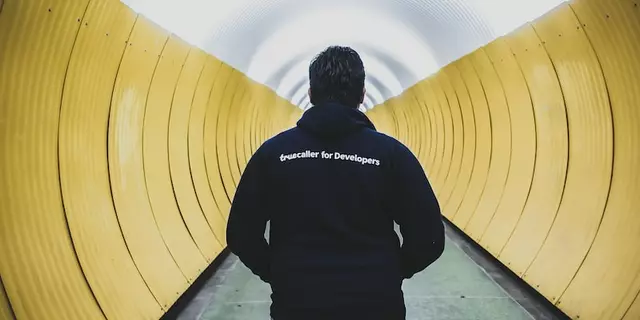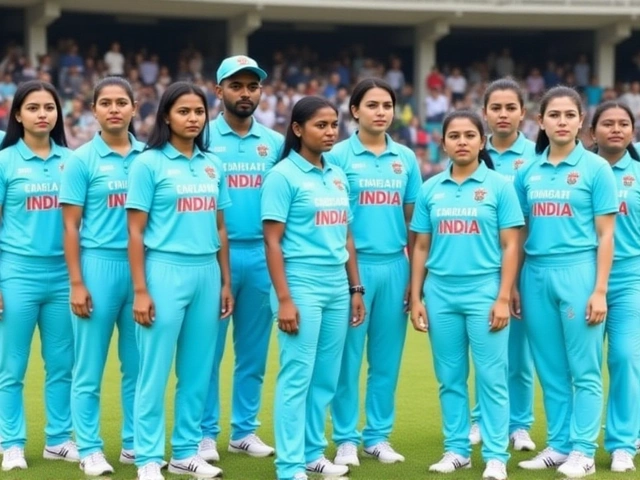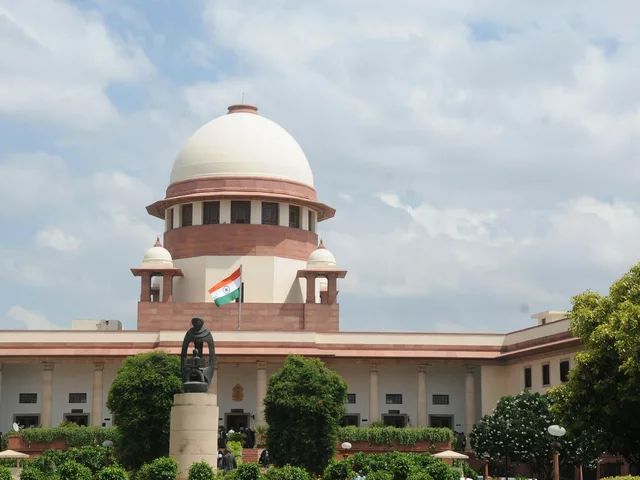Societal Issues in India – What Really Matters to You
India is a land of contrast. One minute you’re enjoying a fresh plate of street food, the next you’re stuck in traffic that feels like a never‑ending movie. Those moments add up and become the social fabric we all live in. In this guide we’ll chat about the everyday problems people face, the bigger debates shaking the courts, and the cultural quirks that shape opinions.
Everyday Struggles You’ll Recognise
First up, the daily grind. Most Indians deal with chaotic traffic, sudden monsoons, and internet that moves at a snail’s pace. Those issues aren’t just annoyances – they affect work, health, and even mood. For example, a long commute can eat up hours that could be spent with family or on a hobby. And when the internet lags, students miss out on online classes, while businesses lose sales.
Another common pain point is accessing essential services. Getting a passport corrected, proving citizenship, or filing a legal case can feel like climbing a mountain. Changing the place of birth on a passport may need several visits to the office and a stack of documents. It’s a reminder that bureaucracy still slows down progress for many.
Big‑Picture Debates Shaping Society
Beyond daily hassles, India wrestles with larger questions. Should there be a Supreme Court bench in South India? Proponents say it would bring justice closer to millions, cut travel time, and balance regional representation. Critics worry about resource strain and possible bias. The discussion shows how legal structures can either empower or limit ordinary citizens.
Academic pressure is another hot topic. A growing number of Indian students are tempted to outsource psychology papers to meet tight deadlines. While it may look like a quick fix, it erodes learning and compromises integrity. Schools and teachers are now urged to promote original work and provide better support.
And then there’s the cultural conversation about attraction across borders. Asking whether foreign women like Indian men opens up dialogue about stereotypes, values, and personal preferences. It reminds us that societal views are shaped by media, travel, and personal experiences, not just nationality.
All these issues intersect. Traffic problems affect mental health, which in turn can influence academic performance. Legal debates can shift how resources are allocated for public services. Understanding these connections helps you see the bigger picture.
What can you do? Start with the small steps: use a reliable commute app, plan ahead for bureaucratic tasks, and talk openly about cultural stereotypes with friends. If you’re a student, set realistic deadlines and seek help from tutors rather than shortcuts. And if you’re interested in legal reforms, follow local news and share your opinion on social platforms.
India’s societal issues are complex, but they’re also solvable when people share realistic ideas and take practical action. Keep the conversation going, stay informed, and you’ll find that even the toughest challenges become a little easier to handle.

Why is there no quality of life in India?
While it's not entirely accurate to say there's no quality of life in India, it's undeniable that the country faces significant challenges. Widespread poverty, inadequate healthcare infrastructure, and educational disparity are some key issues impacting quality of life. Pollution, especially in urban areas, further contributes to health problems. Besides, corruption and bureaucratic inefficiencies often hinder social progress. However, it's important to remember that India is a vast and diverse country, with many working tirelessly to improve these conditions.




